Table of Contents
If you are looking for foods to help your liver, you've come to the right place. These foods include fruits and vegetables, coffee, and olive oil. However, there are other foods that can help your liver, too. Keep reading to learn about what you should include in your diet. It's important to remember that the liver is a vital organ and should be protected. Listed below are some foods that can help your liver.
Fruits and vegetables
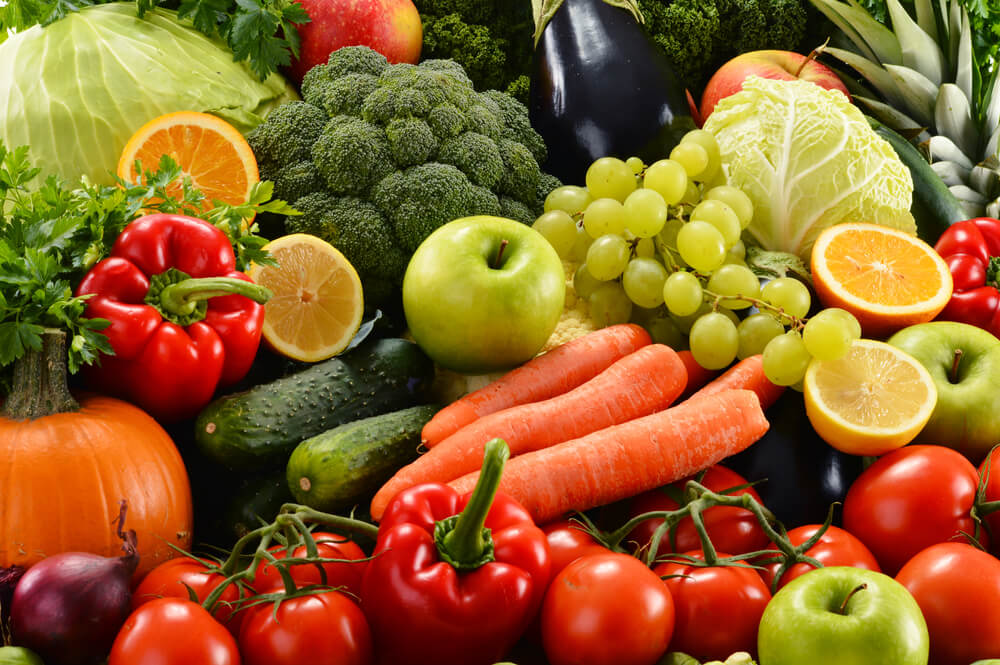
Dark green leafy vegetables are packed with powerful antioxidants and can be added to smoothies and juices. You can also add them to a salad or eat them as part of a quick vegetable saute. Try spinach, kale, or collard greens – they are packed with fiber and nutrients that support the liver's function. You can also make a wrap with them and serve it with hummus or a meat mixture.
Consuming nuts is also beneficial for liver health. The fats in nuts are loaded with antioxidants and protect the organ from oxidative stress. Additionally, walnuts are a great source of protein and low in fat. If you're trying to limit your intake of fat, tofu is an excellent choice. Tofu is also a low-fat, high-protein food that contains beneficial antioxidants. It's easy to see why nuts are beneficial for the liver.
Whole grains
While the cause of liver cancer is unknown, some evidence indicates that a diet rich in whole grains may protect against the disease. Among older people, the consumption of whole grains may lower the risk of CLD and liver cancer. Interestingly, a study published in the British Medical Journal in 2010 suggested that dietary fiber, including whole grains, can prevent hepatitis C. In the study, participants were followed up for up to 10 years.
Another recent study suggests that whole grains may improve the health of the liver. The participants in the study had no history of liver disease, cardiovascular disease, or cancer. They also did not have a history of any of the three types of fatty liver. The benefits of whole grains extend beyond improving liver health, though. Researchers have noted that these foods can improve the health of the digestive system, prevent cardiovascular disease, and improve type 2 diabetes.
Olive oil
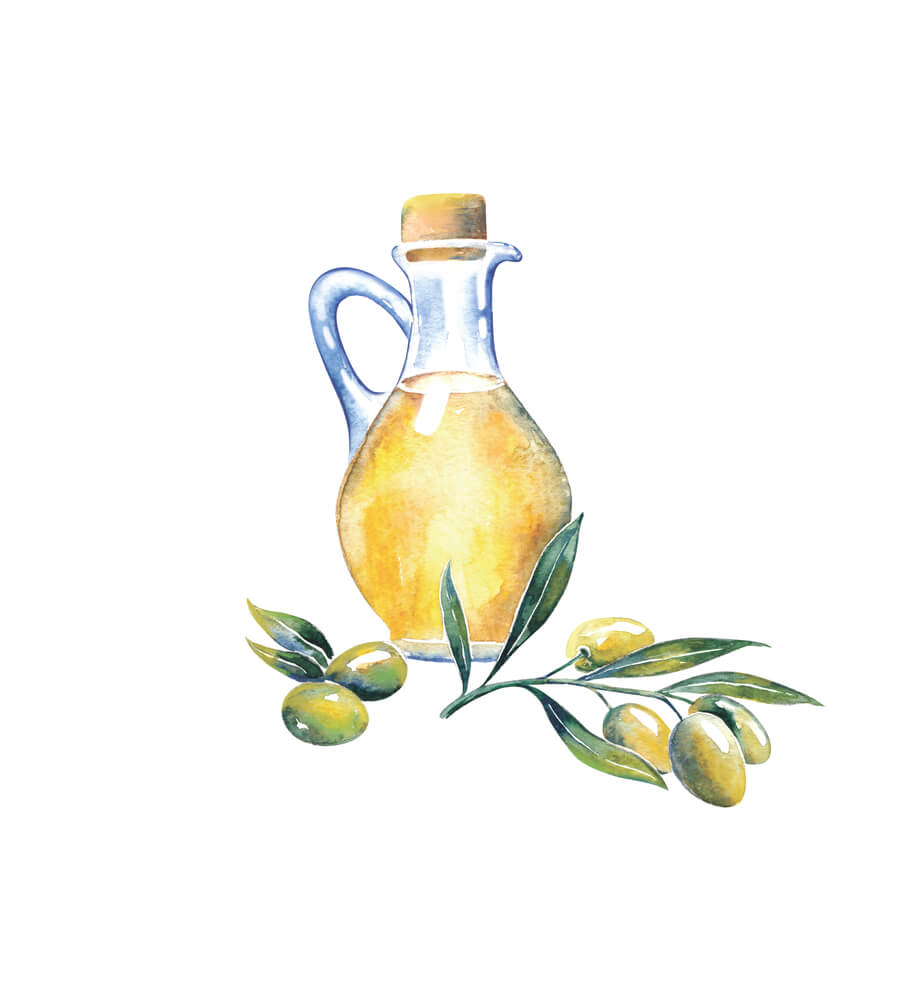
If you're wondering if olive oil is good food for the liver, you may be surprised to learn that it can have positive effects on liver health. In addition to lowering triglycerides, olive oil has also been shown to increase liver enzymes and improve the quality of the blood. Additionally, studies have found that olive oil has benefits for the heart and vascular system. Furthermore, it decreases bad cholesterol without affecting the good type.
Extra virgin olive oil contains a polyphenol called hydroxytyrosol, which has been linked to a range of health benefits. This phenol protects liver cells from oxidative damage, which is a major cause of liver disease. In fact, a study published in Lipids in Health and Disease found that olive oil can lower the risk of several types of cancer. It also protects the liver from the damaging effects of oxidative stress and may have anti-cancer properties.
Coffee
While there is no hard and fast rule for drinking coffee to help your liver, there are some ways to keep your liver healthy. The most obvious way is to avoid sugar, fat, and cream in your coffee. You can substitute these foods with artificial sweeteners, or you can switch to skim or plant-based milk. Aside from drinking coffee, Dr. Wakim-Fleming recommends getting vaccinated against the hepatitis A and B viruses.
A study in UK adults found that drinking coffee can reduce the risk of cirrhosis, hepatocellular carcinoma, and even liver cancer. While the researchers cannot prove conclusively whether coffee helps the liver, they say it can prevent cirrhosis from occurring. The study's findings have wide applicability because coffee is generally considered to have a safe profile. The American Food and Drug Administration recognizes caffeine as safe, while health agencies in many countries do not set an upper limit. In 2006, Health Canada imposed an upper limit of 450 mg of caffeine per day. The researchers found that coffee consumption reduced the risk of developing cirrhosis and hepatitis, and that cirrhosis was prevented in those who consumed coffee regularly.
Grapeseed extract
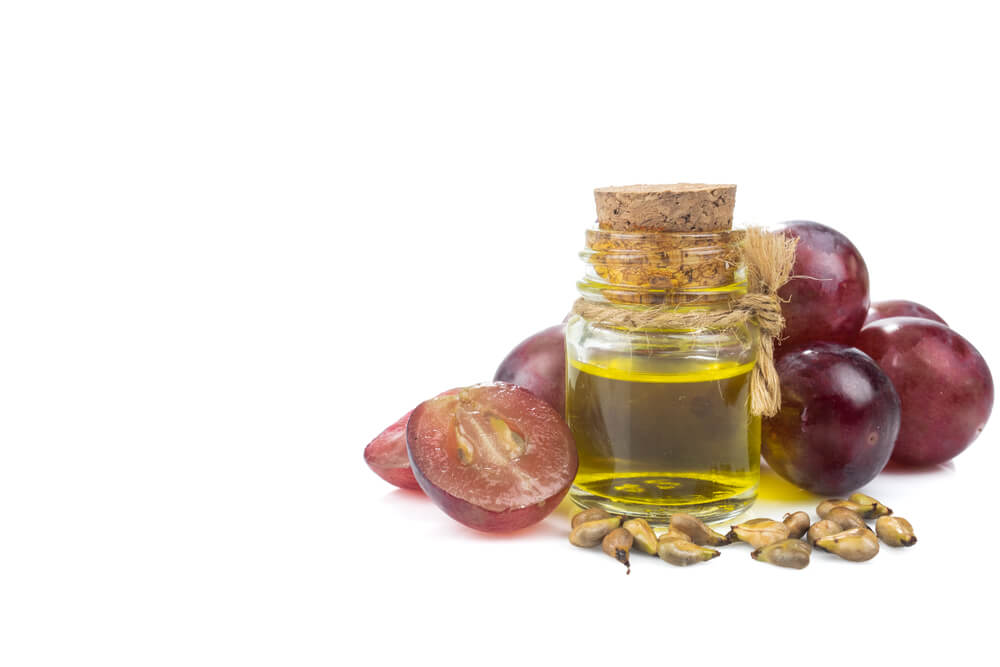
In a recent study, scientists found that grape seed extract can help the liver. The results showed that it increased the liver's glutathione content, as well as its activity. Grape seed extracts also enhanced the activity of glutathione peroxidase and catalase. In addition, these ingredients decreased malondialdehyde levels in serum, which indicates that they function as antioxidants in vivo. These results suggest that grape seed extract is a valuable natural supplement in liver protection. The substance also increased the activity of the enzyme GPx, which is responsible for the oxidation of lipids in the liver.
Other studies have shown that grape seed extract has beneficial effects on liver and kidney function. In one study, grape seed extract reduced alanine aminotransferase levels, and improved vitamin C levels. The benefits of grape seed extract may continue to be seen over longer periods of time, though. It is also believed to be beneficial for people with nonalcoholic fatty liver disease. However, further studies are needed to determine if it is truly effective in this regard.
Leafy greens
In a recent study, researchers found that eating leafy greens may protect the liver from fatty liver disease, or NAFLD. Studies show that leafy greens contain specific compounds that reduce fatty liver tissue and improve metabolic function. But the exact benefits of leafy greens for liver health are unknown. For the moment, we can only speculate about what the benefits may be. One possible explanation is that leafy greens contain nitrate, which boosts cell metabolism. But if we look at dietary nitrates and other compounds found in leafy greens, the benefits are apparent.
These nutrients are also present in high amounts in leafy greens, which are loaded with chlorophyll. Chlorophyll is a type of antioxidant, which has many benefits for your liver. Additionally, chlorophyll makes the liver work more efficiently. These nutrients are all important for good liver health. The combination of chlorophyll and nitrates makes leafy greens a very healthy choice for those who are looking to improve their health.
Spinach
Spinach is a wonderful vegetable packed with fiber, vitamins, and minerals. This nutritious leafy green is also packed with glutathione, a powerful antioxidant that protects the liver from damage. Just one cup of spinach has almost half of your daily vitamin C requirement and provides 121% of your recommended daily intake of vitamin K. This versatile vegetable can be incorporated into a variety of recipes, including soups and smoothies.
Research suggests that eating a lot of leafy greens, such as spinach, may protect the liver. The leafy green is full of vitamins and minerals, as well as anti-inflammatory properties. Studies have shown that spinach may protect the liver against fatty liver, a condition that's often associated with obesity and high cholesterol. Avocados also have anti-inflammatory properties, making them a good addition to your diet. And since spinach is so inexpensive, you can't go wrong with a serving of avocado.
Avocado
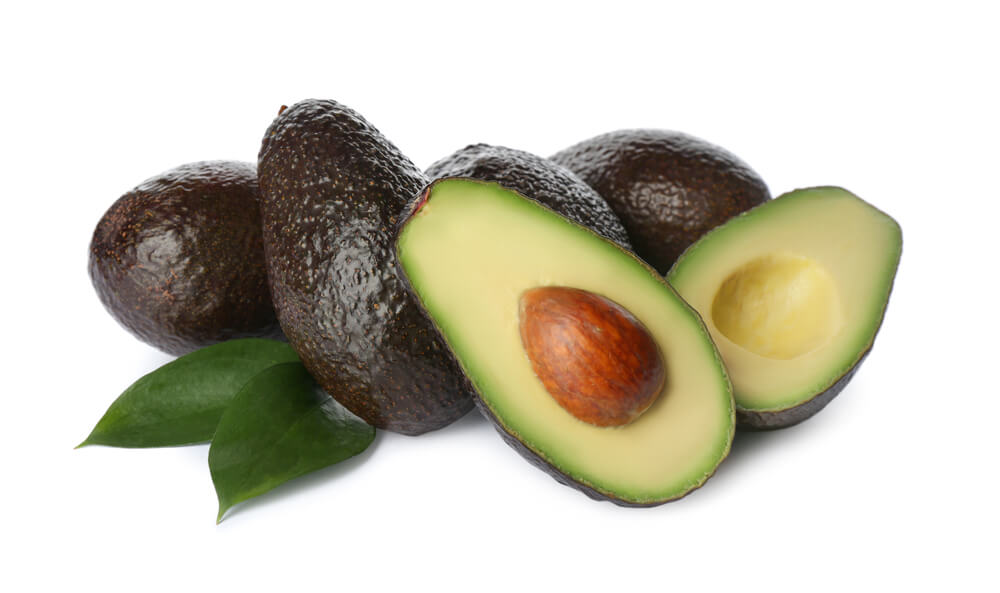
According to new research, avocados can help your liver function better. This fruit is rich in antioxidants, including Vitamin E and K, which are known to prevent cellular inflammation. Cellular inflammation is one of the causes of liver damage and is a trusted approach to supporting liver health. Avocados also contain a high amount of potassium and fiber, two other essential nutrients for liver function. Adding avocados to your diet may have additional benefits, including improving your overall health.
The high-quality fat in avocados protects your liver from damage. It helps your body produce glutathione, which is essential for protecting liver cells and filtering harmful substances. People with chronic liver disease often lack glutathione, and avocados are a major source of this nutrient. In addition to its beneficial effects on your liver, avocados contain antioxidants, which neutralize free radicals and protect liver cells.
Prickly pear
If you are looking for ways to improve your liver health, you can try eating prickly pear fruits and vegetables. These fruits have anti-inflammatory properties and may help lower blood sugar levels and protect your liver. If you are a frequent drinker, these fruits can reduce the severity of hangovers. Prickly pear fruits are a great source of fiber and should be consumed in moderation. However, too much of this fruit can cause bloating, diarrhea, and nausea.
One thing to keep in mind before consuming prickly pear fruit is that it contains spines. It is best to remove the skin before eating the fruit or vegetable. When peeling the fruit, make sure to wear gloves so you don't accidentally stub your toe on the spines. Next, rub the prickly pear with a clean cloth or paper towel. When the skin is removed, throw away or compost it.

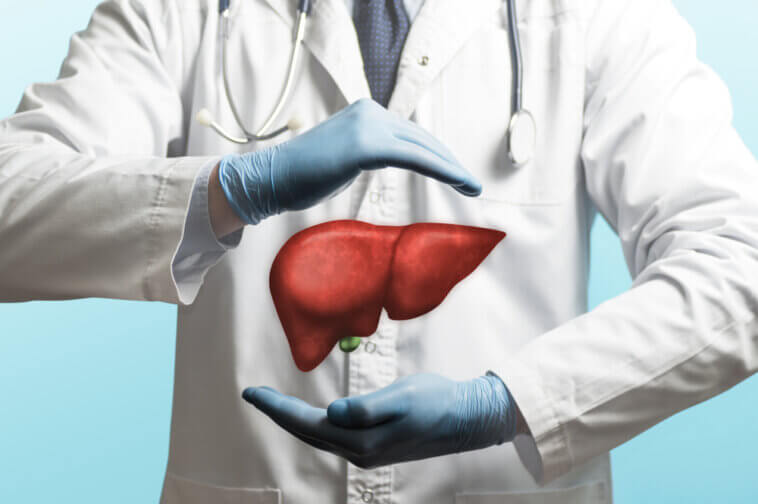


Comments
Loading…